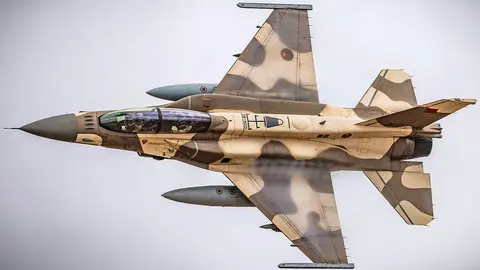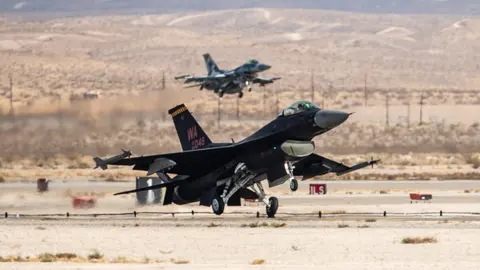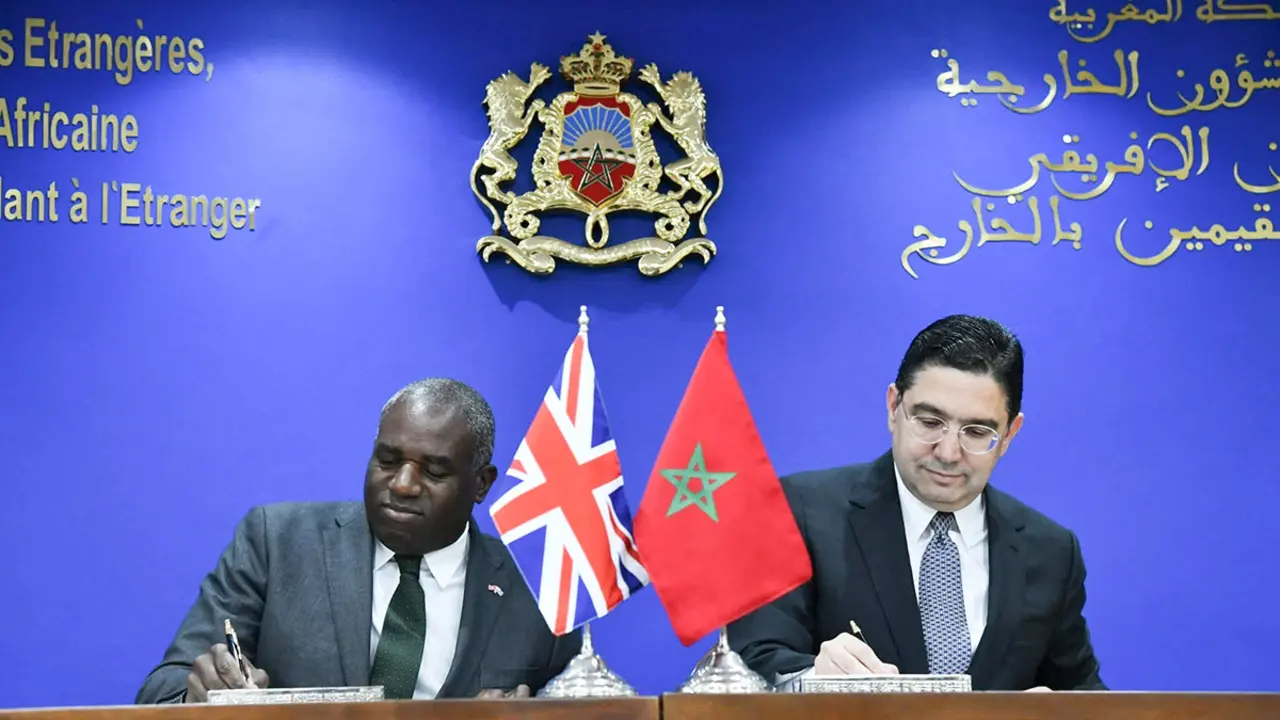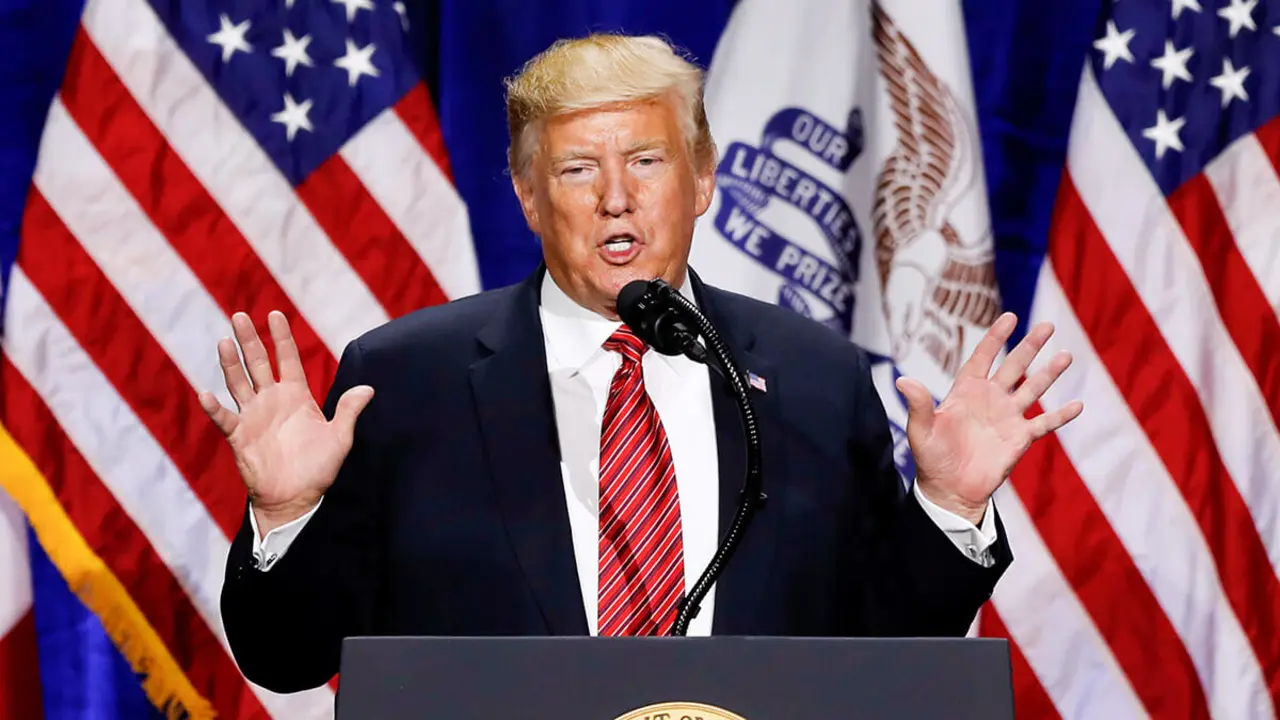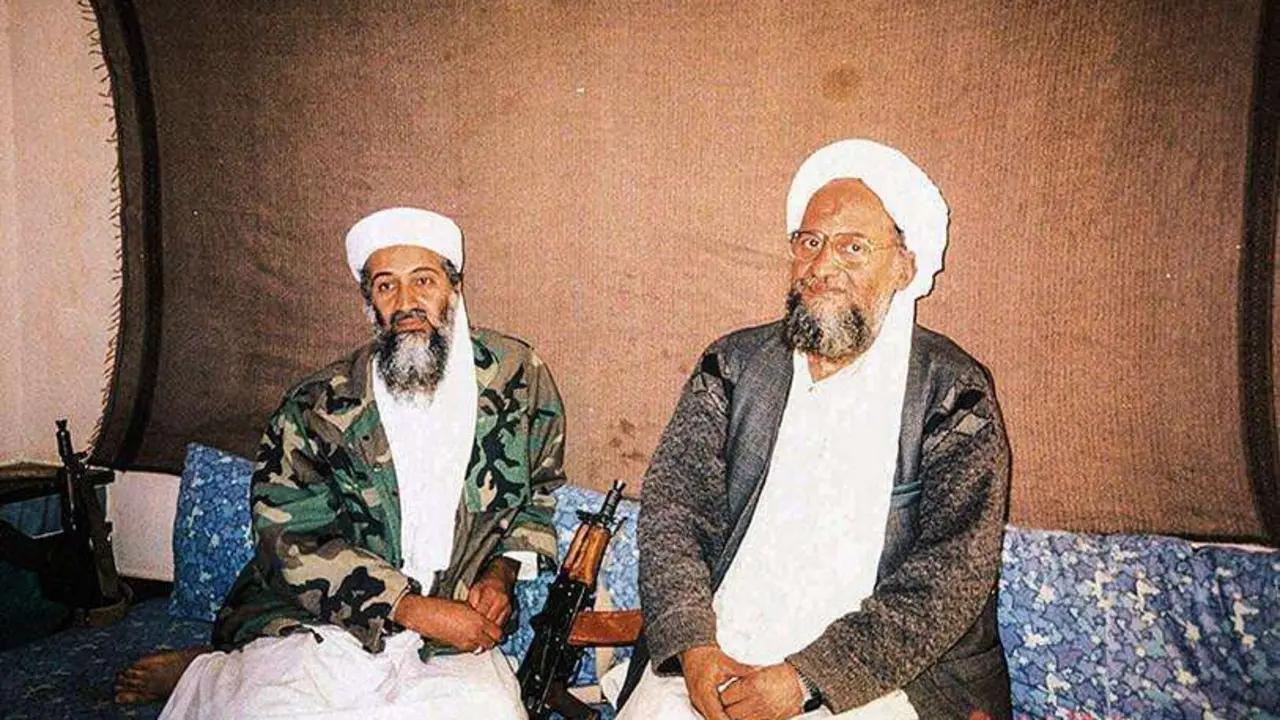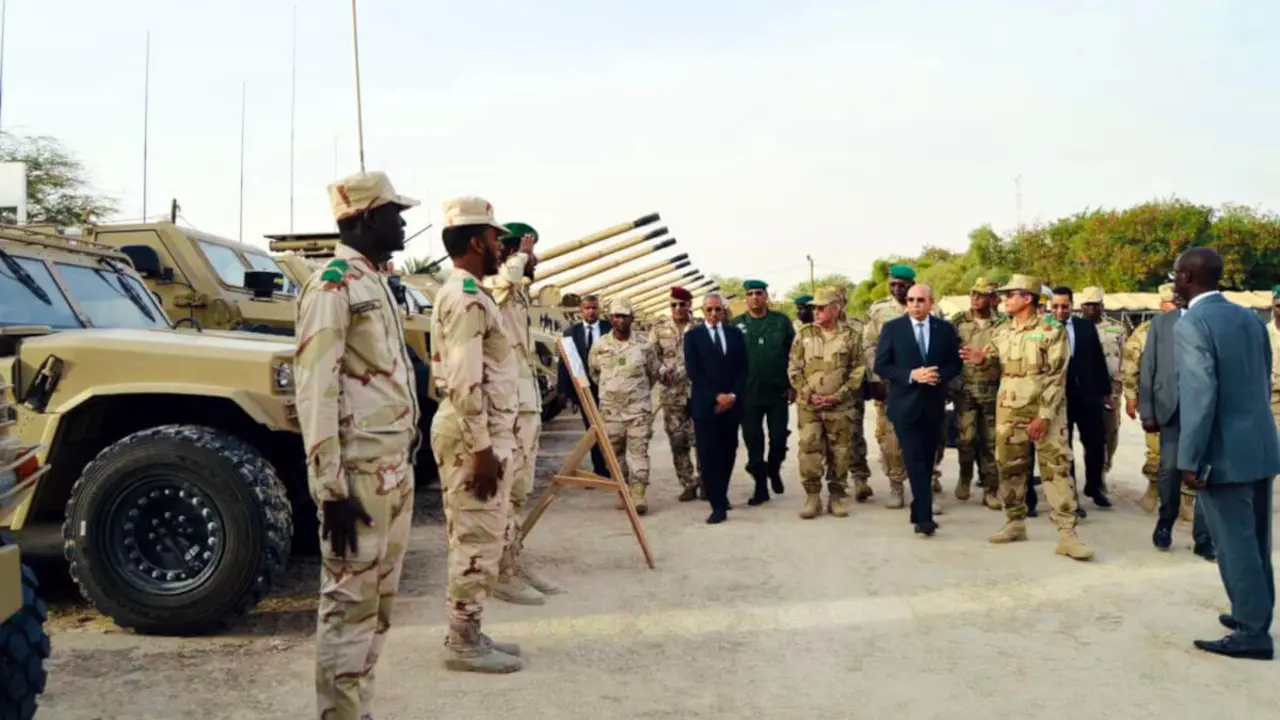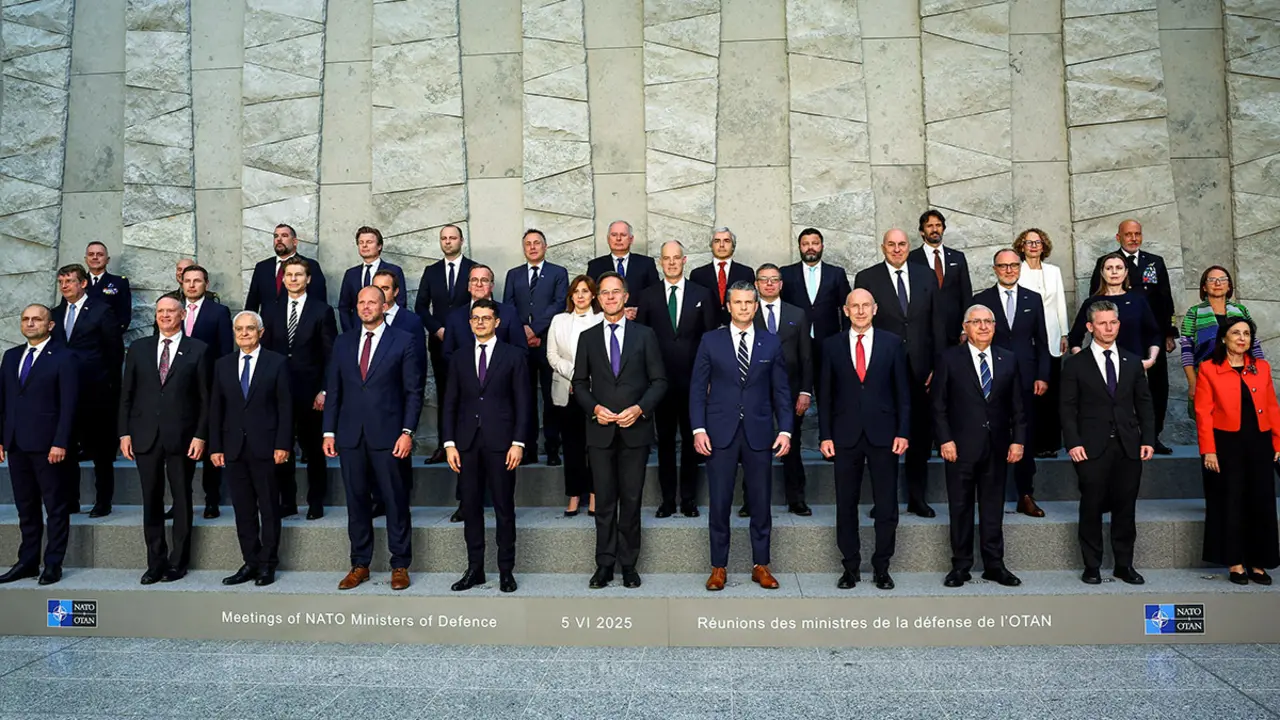Morocco modernises its defence with US Javelin missiles
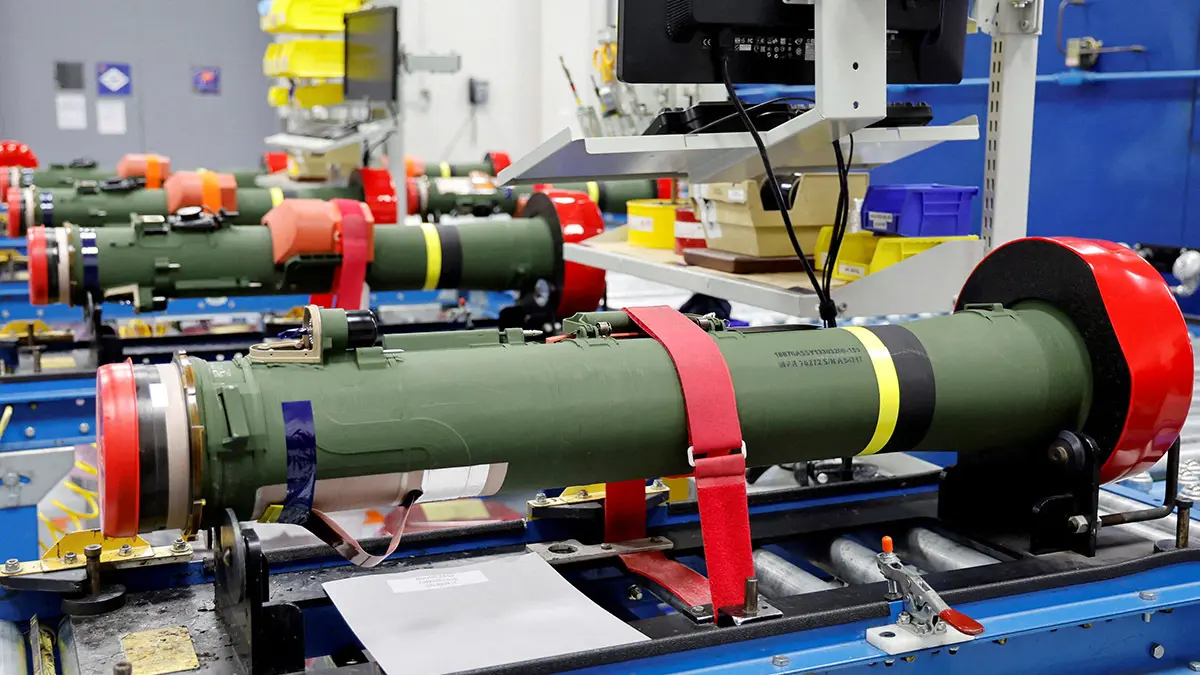
The acquisition of Javelin missiles is a new step towards Morocco's military modernisation, as part of the Royal Moroccan Armed Forces (FAR) roadmap to achieve military independence for the future.
The Moroccan kingdom signed a major agreement with the US Department of Defence for the purchase of FGM-148 Javelin anti-tank missiles, renowned worldwide for their high accuracy and ability to neutralise armoured vehicles and helicopters - from any army in the world - at low altitude.
This contract, worth approximately 260 million dollars, includes 612 missiles, 200 light launchers and a training, logistical support and maintenance package, which aims to strengthen the FAR's preparedness for current and future challenges at the regional level in the Sahel and against any global threat, according to the US Defence Security Cooperation Agency.
These agreements position Morocco as one of the United States' main military allies in Africa and the world and as a regional leader in the field of defence and security.
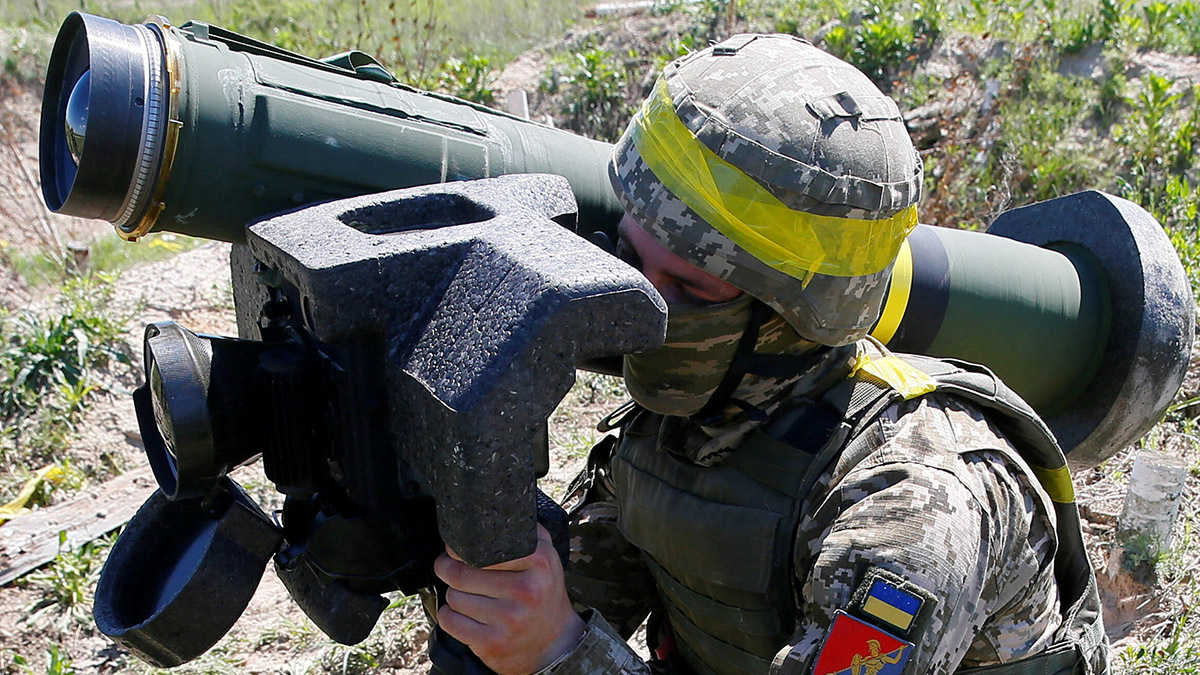
Why did Morocco choose Javelin missiles?
Javelin missiles are known for their effectiveness in modern combat. Their high-altitude attack technology allows them to strike vehicles in their most vulnerable areas, especially tanks, from an elevated angle. In addition, they have an effective range of over 2,500 metres and can take out low-altitude air threats, such as attack helicopters.
Some of their advantages are versatility and accuracy. These characteristics make them a key element in the arsenal of any army that prioritises intelligent and technologically advanced defence. In fact, FGM-148 Javelin missiles are the most commercially available, expensive and widely used missiles of their kind by armies around the world (to which the United States sells weapons).
This acquisition is not an isolated event, but rather part of the national defence strategy and reflects the strategic alliance between Rabat and Washington. A clear example is the cooperation in the annual African Lion manoeuvres, where US marines and Moroccan military personnel carry out joint manoeuvres for a month in the harsh conditions of the Sahara Desert, the largest desert on the planet.
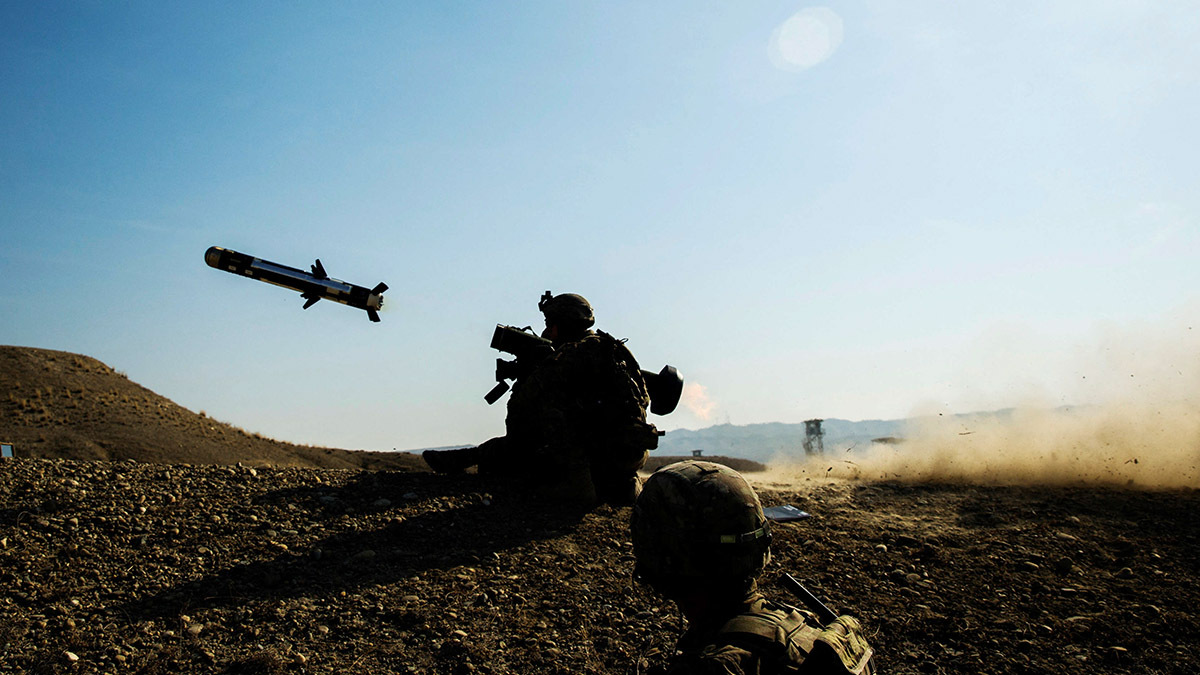
However, in recent years, Morocco has signed other major agreements with the United States, such as the purchase of Stringer Block 1 surface-to-air missiles and support equipment worth 825 million dollars last April; the addition of 24 Apache helicopters and F-16 fighter jets to strengthen air defence; and the acquisition of reconnaissance drones and state-of-the-art air defence systems.
Growing investment in defence and national security
According to the Stockholm International Peace Research Institute (SIPRI), Morocco's defence budget in 2024 has reached 5.5 billion dollars, an increase of 2.6% compared to 2023. This increase reflects a clear policy of preparedness in the face of regional and international threats and a sustained effort to modernise its military capabilities with state-of-the-art technology.
The purchase of Javelin missiles is just one more piece of the military modernisation programme that Morocco has been developing in recent years. Its close cooperation with the United States, together with its commitment to the local military industry, positions Rabat as a strategic player in North Africa, committed to regional stability and the defence of its sovereignty.

Experts such as Khaled Chiat, professor of international relations, emphasise that Morocco's defence strategy is fundamentally deterrent: ‘It is not about seeking offensive superiority, but about ensuring that no external threat advances or attacks.’ ‘After the United States recognised the Moroccan Sahara, there has been an intensification of military cooperation in its various dimensions, without any qualms on the part of Washington,’ he added.
This view is clearly observable, as the policies pursued by the FAR are partly dedicated to protecting Moroccan territorial sovereignty, without altering the military balance in the region, which is highly influenced by the proliferation of terrorist organisations.
Beyond arms purchases, Morocco has embarked on a process of developing its own military industry, including the creation of two military industrial zones, with the aim of reducing foreign dependence on arms procurement, controlling military import costs and boosting local defence technology manufacturing. This strategic commitment places the country in a unique position in Africa, in line with the global trend towards technological sovereignty and autonomy in defence.

